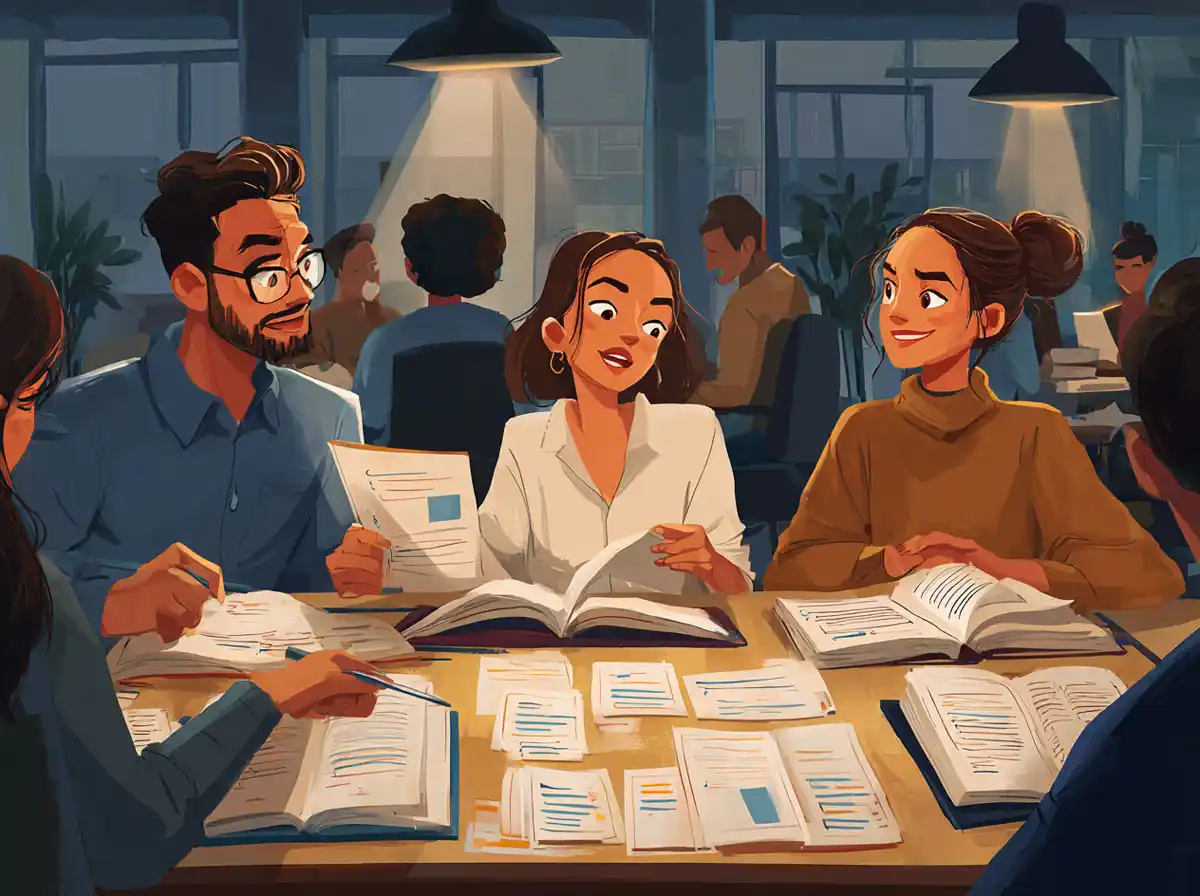1. Привет (Pryviet) – Hello
One of the first words you’ll need to know in any language is how to greet someone. “Привет” means “hello” and is used in informal settings.
2. Пока (Paka) – Goodbye
When it’s time to part ways, you can use “Пока” to say “goodbye” in an informal manner.
3. Да (Da) – Yes
A simple yet essential word, “Да” means “yes.” It’s useful in a variety of situations where you need to affirm something.
4. Нет (Nyet) – No
Conversely, “Нет” means “no” and is just as important as knowing how to say “yes.”
5. Пожалуйста (Pazhalsta) – Please
Politeness goes a long way in any language. “Пожалуйста” means “please” and is an important word to use when making requests.
6. Спасибо (Spasiba) – Thank you
Expressing gratitude is crucial. “Спасибо” means “thank you” and is a word you’ll use frequently.
7. Извините (Izvinite) – Excuse me / Sorry
Whether you’re trying to get someone’s attention or apologizing, “Извините” will come in handy.
8. Да свидания (Da svidania) – Goodbye
This is a more formal way to say goodbye compared to “Пока.”
9. Меня зовут… (Menya zovut…) – My name is…
When introducing yourself, you can say “Меня зовут” followed by your name.
10. Как вас зовут? (Kak vas zovut?) – What is your name?
To ask someone their name, you can use this phrase.
11. Как дела? (Kak dela?) – How are you?
A common way to ask someone how they are doing is “Как дела?”
12. Хорошо (Khorosho) – Good
When responding to “Как дела?” you might say “Хорошо” if you’re feeling good.
13. Плохо (Plokho) – Bad
Conversely, if you’re not feeling well, you might respond with “Плохо.”
14. Где…? (Gde…?) – Where is…?
To ask for directions or the location of something, you can start with “Где…?”
15. Что это? (Chto eto?) – What is this?
Curiosity often leads us to ask questions about our surroundings. “Что это?” is a useful phrase for this purpose.
16. Вода (Voda) – Water
An essential word for any traveler, “вода” means “water.”
17. Еда (Yeda) – Food
Knowing how to talk about food is important. “Еда” means “food.”
18. Хлеб (Khleb) – Bread
A staple in many diets, “хлеб” means “bread.”
19. Молоко (Moloko) – Milk
Another common food item, “молоко” means “milk.”
20. Чай (Chay) – Tea
If you’re a tea drinker, you’ll need to know the word “чай.”
21. Кофе (Kofe) – Coffee
For coffee lovers, “кофе” is an essential word.
22. Суп (Sup) – Soup
A common dish, “суп” means “soup.”
23. Рыба (Ryba) – Fish
If you’re ordering food, you might want to know the word for “fish,” which is “рыба.”
24. Мясо (Myaso) – Meat
Similarly, “мясо” means “meat.”
25. Овощи (Ovoshi) – Vegetables
For those who prefer plant-based diets, “овощи” means “vegetables.”
26. Фрукты (Frukty) – Fruits
Another important food group, “фрукты” means “fruits.”
27. Соль (Sol) – Salt
An essential seasoning, “соль” means “salt.”
28. Сахар (Sakhar) – Sugar
For those with a sweet tooth, “сахар” means “sugar.”
29. Пиво (Pivo) – Beer
If you enjoy alcoholic beverages, “пиво” means “beer.”
30. Вино (Vino) – Wine
Another popular beverage, “вино” means “wine.”
31. Улица (Ulitsa) – Street
When navigating through a city, knowing the word “улица” for “street” is helpful.
32. Дом (Dom) – House
“Дом” means “house” and is a common word in many contexts.
33. Магазин (Magazin) – Store
Whether you’re shopping for groceries or souvenirs, “магазин” means “store.”
34. Гостиница (Gostinitsa) – Hotel
For travelers, “гостиница” is the word for “hotel.”
35. Больница (Bolnitsa) – Hospital
In case of emergencies, knowing the word for “hospital,” which is “больница,” is crucial.
36. Аптека (Apteka) – Pharmacy
For less urgent medical needs, “аптека” means “pharmacy.”
37. Деньги (Dengi) – Money
A vital part of everyday transactions, “деньги” means “money.”
38. Цена (Tsena) – Price
When shopping, you’ll often need to ask about the “цена” or “price” of an item.
39. Рубль (Rubl) – Ruble
The currency used in Belarus is the “рубль.”
40. Билет (Bilet) – Ticket
Whether for transportation or events, “билет” means “ticket.”
41. Паспорт (Pasport) – Passport
An essential travel document, “паспорт” means “passport.”
42. Машина (Mashina) – Car
“Машина” means “car” and is a useful word for getting around.
43. Автобус (Avtobus) – Bus
Public transportation is a big part of city life, and “автобус” means “bus.”
44. Поезд (Poezd) – Train
For longer distances, you might take a “поезд,” which means “train.”
45. Аэропорт (Aeroport) – Airport
If you’re flying, you’ll need to know the word “аэропорт,” which means “airport.”
46. Вокзал (Vokzal) – Railway station
Similarly, “вокзал” means “railway station.”
47. Такси (Taksi) – Taxi
When you need a quick ride, “такси” means “taxi.”
48. Водитель (Voditel) – Driver
The person driving the car is the “водитель,” or “driver.”
49. Турист (Turist) – Tourist
If you’re visiting Belarus, you might identify as a “турист,” which means “tourist.”
50. Карта (Karta) – Map
To navigate unfamiliar areas, a “карта,” or “map,” is essential.
Conclusion
Learning these 50 essential words will give you a solid foundation in Belarusian at the A1 level. As you continue to practice and immerse yourself in the language, you’ll find that these words will help you in a variety of everyday situations. Remember, language learning is a gradual process, and every new word you learn brings you one step closer to fluency. Happy learning!










